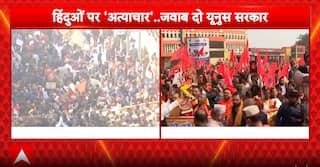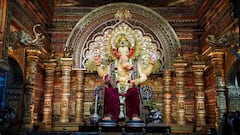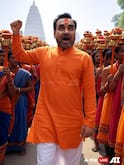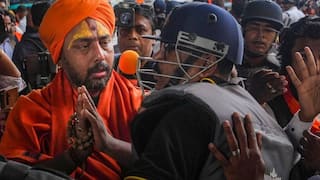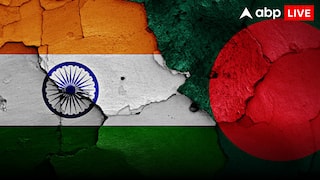Dussehra 2024: Know The Significance Of Worshipping Weapons On This Auspicious Day
Dussehra will be celebrated on October 12, marking the victory of good over evil with the burning of Ravana's effigy on Vijayadashami.

Dussehra 2024: Most people associate Dussehra with the burning of Ravana's effigy, symbolising the victory of good over evil. However, few are aware that on this day, Lord Rama began his victorious journey from Kishkindha after receiving the blessings of Goddess Bhavani. Dussehra is a significant day for the tradition of weapon worship, especially among the Kshatriyas, as described in ancient scriptures.
Know all about the rituals performed on Dussehra:
ALSO READ: Diwali 2024: When Is Lakshmi Puja? Know Date, Puja Muhurat, And All About The Festival
What Does Dussehra Mean?
According to the Brahma Purana, Dussehra signifies the destruction of ten sins. Similarly, in the Skanda Purana, it is mentioned that the festival eradicates the sins accumulated over ten lifetimes.
Lord Rama's Journey To Victory Began On Dussehra
Dussehra, also known as Vijayadashami, marks the tenth day of Navratri. According to the Devi Purana, on this day, Lord Rama completed his Navratri fast in honour of the Goddess and set out from Kishkindha towards Lanka, seeking her blessings for victory. This is why the day is called Vijayadashami, the day of victory. Lord Rama’s act of seeking blessings from the Goddess is the reason many perform weapon worship on Vijayadashami.
The Tradition Of Worshipping Weapon On Dussehra:
The Bhavishya Purana states that anyone who desires victory should worship their weapons on Vijayadashami. This ancient practice remains significant for many, particularly Kshatriyas, who continue to honour this tradition.
The Celebration Of Victory After Ravana’s Defeat
According to the Kalika Purana, Ravana was killed on Ashwin Navami, and the victory celebrations were held the following day, on Dashami.
For devotees of Lord Rama, Dussehra holds immense significance. It marks the triumph of truth over falsehood and justice over injustice. Hence, the festival is also known as Vijayadashami, the day of victory.
[Disclaimer: The content of this article is based solely on beliefs, and should be taken as general guidance. Individual experiences may vary. ABPLive.com does not assert the accuracy or validity of any claims or information presented. It is strongly recommended to consult a qualified expert before considering or implementing any information or belief discussed herein.]














